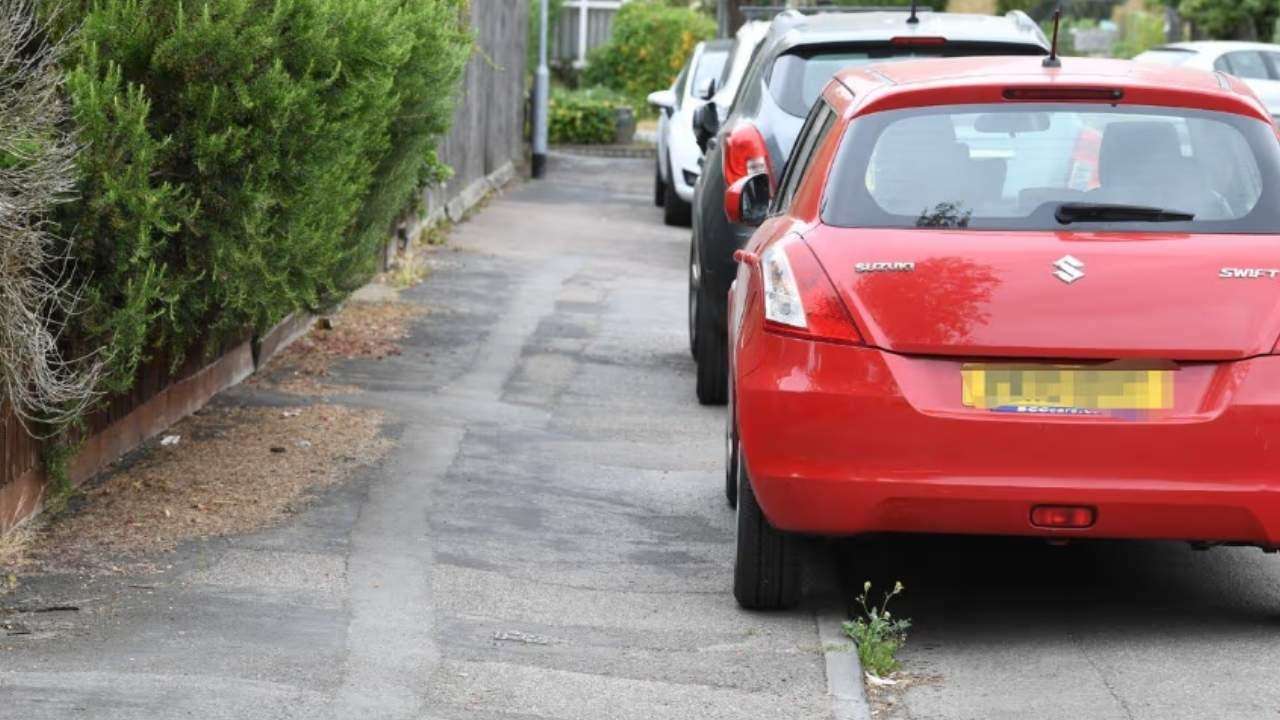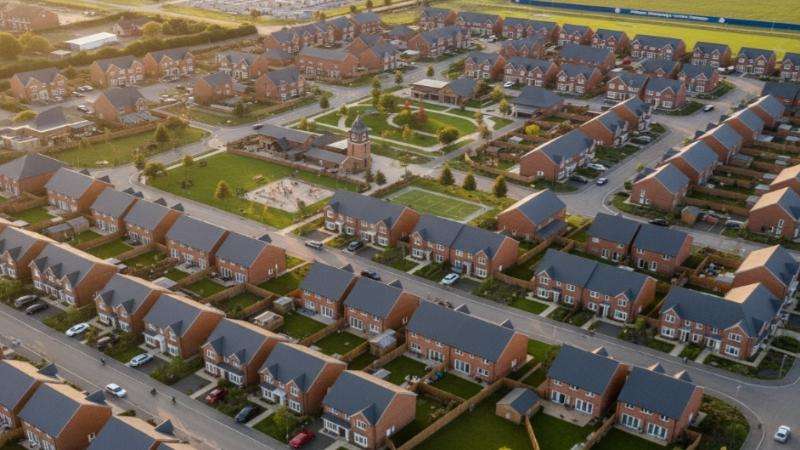Forces First Housing Revolution: £9 Billion Defence Strategy to Deliver 100,000 Homes and Tackle UK Housing Crisis-The government is set to initiate a monumental overhaul of military accommodation by creating a new, specialised public body, the Defence Housing Service (DHS), as part of a sweeping, decade-long national strategy. Defence Secretary John Healey will announce the creation of the arm's-length organisation on Monday, conceding that the Ministry of Defence (MoD) had been "not very good" at managing service homes, a move that signals a 'forces first' approach and marks the biggest renewal of Armed Forces housing in over 50 years, Daily Dazzling Dawn understands.
The Mandate: Better Homes for Heroes and Taxpayer Value-The new DHS will assume management of service accommodation after years of escalating complaints regarding substandard military homes. Operating as one of the country's largest publicly owned housing providers, its mandate is clear: to "deliver better value for the taxpayer and fulfil our promise to provide homes fit for heroes," as stated by Mr. Healey. This refocusing will allow the MoD to concentrate on its core defence responsibilities, outsourcing housing management to a dedicated, expert quango. This strategic establishment comes despite Prime Minister Sir Keir Starmer's previous pledge to reduce quasi-autonomous non-governmental organisations (quangos) to enhance accountability, though defence sources insist the MoD remains a "net reducer" following significant consolidation of other innovation bodies.
Record Investment and a Solution to the UK Housing Shortage-The announcement is intrinsically linked to a new 10-year Defence Housing Strategy, which commits an unprecedented £9 billion investment in service accommodation. Crucially, this plan extends beyond the military estate, promising to unlock one of Britain's most ambitious housebuilding programmes in decades: the development of 100,000 new homes on surplus MoD land, for both civilian and military families.
This mass release of public land for housing, backed by the new DHS's coordination, presents a significant contribution to alleviating the escalating UK housing crisis. Latest statistics indicate the scale of the challenge: England saw just 231,300 new homes delivered in the year to September, with the government's ambitious target of building 1.5 million homes over five years already under threat of being missed by an estimated 25 per cent. Furthermore, the crisis is deepening, with soaring rents contributing to income deprivation for almost all children in dozens of English neighbourhoods. The development of 100,000 new homes on MoD land directly injects much-needed supply into the national market, supporting wider government goals to "get Britain building" and drive economic growth.
'Forces First' Housing Priority and Public Ownership-The "forces first" approach, initially announced at Labour's party conference in September, will grant military families "first dibs" on new properties built on defence land, improving homeownership opportunities for those who have served. This prioritisation is part of the broader strategy to embed a "forces first" culture that supports personnel, veterans, and their families.
The strategy also includes a generational renewal of the existing housing stock. Almost all of the 47,700 military family homes, known as Service Family Accommodation (SFA), will either be fully refurbished or replaced. This accelerated action follows the successful decision earlier this year to bring 36,000 SFA properties back into public ownership—a move that saves the taxpayer an estimated £600,000 per day, savings now being reinvested into the overhaul. An "urgent review" of Single Living Accommodation (SLA), which houses over half of military personnel, has also been promised to address widespread shortcomings.
Addressing a Retention Crisis-The urgent need for this intervention is underscored by years of chronic underinvestment and neglect. A recent Commons committee found two-thirds of SFA homes were "essentially no longer fit for purpose," with around a third of 133,000 SLA spaces also falling short. Complaints—which include persistent damp, mould, and long delays for maintenance—have had tangible consequences, with a staggering 40 per cent of service members citing poor accommodation as a factor making them more likely to leave the Armed Forces.
The government's £9 billion strategy, coupled with the creation of the expert DHS, aims to resolve this crisis, recognising that "the very least they deserve is a decent home." Shadow Defence Secretary James Cartlidge cautiously welcomed the proposals, while questioning if the DHS would possess the necessary operational independence, stressing that with retention remaining a critical defence issue, providing the best quality accommodation is "vital." This ambitious and comprehensive plan, however, represents a clear break from the past, leveraging defence assets to not only support its personnel but also to make a major, measurable impact on the UK's national housing shortage.








.svg)



.jpg)